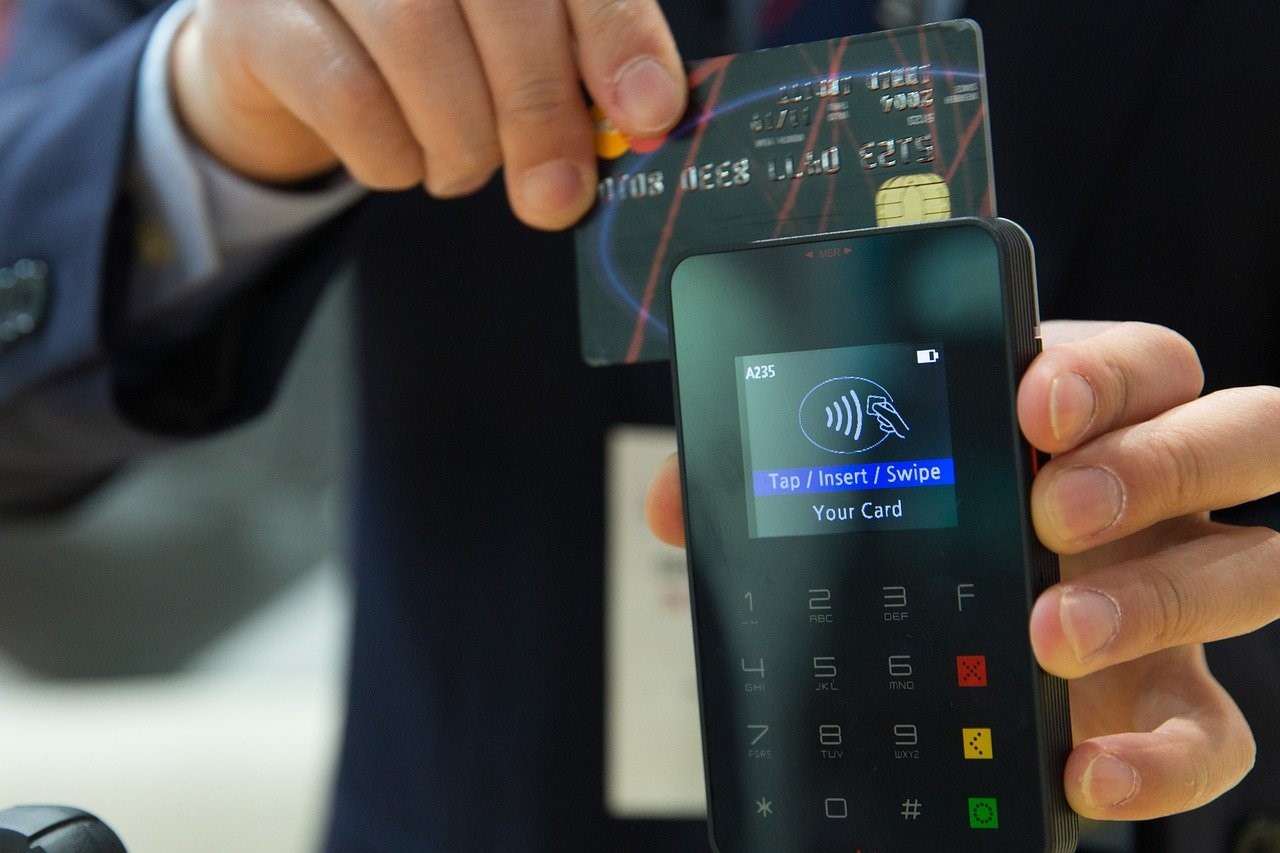Date of publication: 10 January 2019
Oleksandr Kamsha, Attorney at Law, Insolvency Receiver
Source: Business Censor
In order to reduce the likelihood of criminal offences against your property, you need to accustom yourself to adhere to certain safety rules.
The 21st century gave birth to a huge number of different technologies and devices that undoubtedly facilitate the people’s lives. These technologies haven’t passed round the financial sphere of our lives.
The ATMs, self-service terminals, self-service bank branches, online banking, smartphone applications and NFC chips – all these things made it easy for individuals and legal entities to resolve financial issues.
At the same time, the fraudsters have found new ways of unlawful appropriation of someone else’s funds. Ostap Bender knew about 400 fairly honest ways of taking money out, and it was long before the era of globalization and the Internet.
Today, there is no need for the criminals to steal the kettlebells or to stalk people on the railroad. Now it’s enough to get wind of the digits on your debit card or steal your password from your online banking account.
The fraudsters will stop at nothing to steal money from your account and will virtually go any length.
They may introduce themselves as your son/daughter, threaten to block all accounts in all banks over the world, convince you that the data of your card is required for crediting a multi-million dollar prize thereon, etc.
To reduce the likelihood of criminal offences against your property, you need to accustom yourself to complying with certain rules as set out below.
This list may not cover the full range of threats in the fast-moving world of modern technologies.
1. Set up the SMS-banking on your phone. This way you will get alerts on unusual activities with your card/account as soon as possible.
2. Always use the ATMs and terminals located in safer or more controlled locations. For example, use the ATM inside the bank branch, instead of those located on the street or in a store. Always cover the ATM/terminal keyboard when entering the PIN code with your hand or purse, thus reducing the risk that someone or something will read your code.
3. Always check the ATM/terminal you use for strange covers and devices placed over the card slot, keyboard pads, items, wires. Should you have a slightest suspicion that the fraudsters interfered with the ATM’s operation, refuse the use of this ATM and communicate such a fact to the Bank.
4. Never tell your PIN, card expiration date, CVV2 code, sms transaction confirmation codes to anyone. Employees of the bank do not know your PIN and will never require giving it. Do not use simple combinations of digits for your PIN (such as 1111, 2222, 1212).
5. Never transfer money to unknown cards/accounts at the request of friends or relatives calling from unknown numbers. The fraudsters often call at night, introduce themselves as close relatives, police officers, officers of the Security Service of Ukraine, the prosecutor’s office, and offer to “resolve a problem” by means of a money transfer.
6. Do not give your personal data (name, address, passport details, card details, PIN) to persons calling or sending messages and introducing themselves as the employees of the Bank or the payment system (Visa, Mastercard), and asking you to provide personal information, allegedly for the identification process, confirmation of the availability of a payment card in hands, for crediting funds to your account, etc.
7. If you are required to provide your payment card data (photocopy) to the official agencies (for example, to the embassy of any other state for visa purposes), hide (with a correction pen) the CVV2 code that appears on the back of your card on a photocopy of a payment card before transferring such photocopy to the relevant institution.
8. Set a payment limit on your card, for example, no more than UAH 1000 per day. Reduce your payment limit without PIN using PayPass and PayWave. To protect yourself against unauthorized transactions via contactless payment technologies, all cards must be shielded. This can be achieved with the help of special wallets/covers having RFID/NFC protection.
9. Regularly monitor your accounts with online banking so that you can quickly identify any fraudulent transactions.
10. Avoid using public computers. Do not log into your email account with someone else’s computer if your Internet banking profile is tied up to this email address. It is advisable to create a separate email account for the financial purposes and to check such email using your personal computer.
11. Do not buy from the unknown online sellers. Command the services of proven merchants and web sites only. Do not allow your Internet browser to save a password from your Internet banking account or your card information when shopping online.
12. Do not open files and links received from the unreliable sources (in particular, from the unknown persons via email, as well as from the users of social networks, Skype, ICQ, etc., if there is a suspicion that the accounts of these users were hacked).
13. In the event of any malfunction in the system’s operation or any suspicion of the PC’s infection, scan the computer drives. To this end, you can use either preinstalled antivirus or special programs (utilities).
14. If the information about your card/account has been stolen, inform your financial institution and local law enforcement agencies of the above. Block the card by using online banking or by calling the bank’s call center.
It is impossible to fully protect yourself, but you can reduce the risk of unlawful endeavors. Always remember that technology is not standing still.
Every day fraudsters invent new schemes, methods and techniques of psychological impact on the potential victims. Just keep track of information about new stunts and always stay alert.
